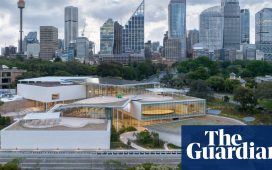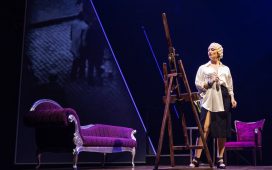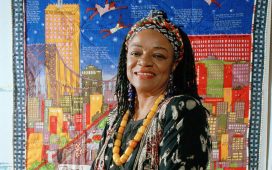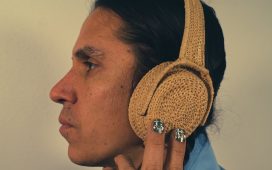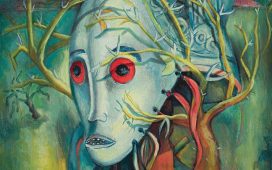Austria has established a committee to propose a framework for handling requests for the repatriation of objects in national museum collections acquired in a colonial context.
The committee, to be led by Jonathan Fine, the director of Vienna’s Weltmuseum, will develop recommendations that may lead to new legislation, according to a statement from the ministry of culture. Its findings are to be published in 2023.
“It is not only a question of how to deal with colonial museum holdings, but also of postcolonial museology and the culture of memory,” said Andrea Mayer, the state secretary for arts and culture, in the statement. “A broad-based approach in the committee’s work will be achieved through the involvement of diverse stakeholders in order to develop a contemporary and sensitive handling of collections from colonial contexts.”
Austria’s steps to address its colonial-era museum acquisitions follow similar moves at the national level in Germany, France, Belgium and the Netherlands. The ministry said it hopes to “make a relevant contribution to the international discussion with the expected recommendations”.
The biggest collections of colonial-era acquisitions in Austria are located in the Weltmuseum (World Museum) and the Natural History Museum in Vienna. The government has already agreed to repatriate human remains to New Zealand and Hawaii, though returns have been delayed by the pandemic.
Though Austria was not a colonial power, it benefited from trade agreements under the Habsburg monarchy and Austrian merchants and explorers acquired colonial goods. The Weltmuseum, for example, is researching the acquisition history of a collection of east African artefacts assembled in 1884 and 1885 by an Austrian naval doctor, Emmerich Billitzer. This was one of four projects funded by the government in a programme to kickstart provenance research of colonial collections introduced in 2020.
Committee members include Golda Ha-Eiros, the senior curator of anthropology at the National Museum of Namibia, Windhoek; Emmanuel Kasarhérou, the president of the Musée du Quai Branly-Jacques Chirac, Paris; Henrietta Lidchi, the chief curator of the Dutch National Museum of World Cultures; and Barbara Plankensteiner, the director of the Museum am Rothenbaum ethnology museum, Hamburg.

